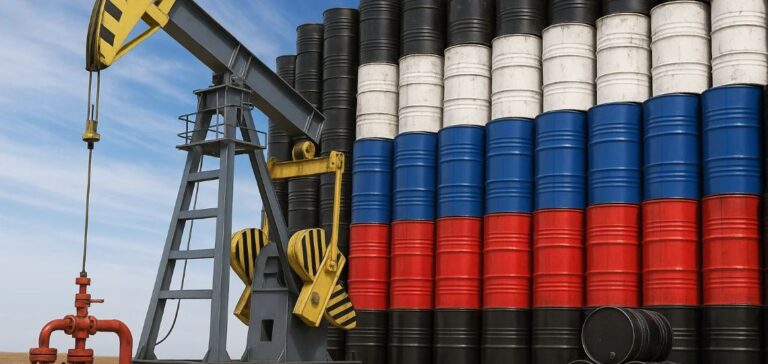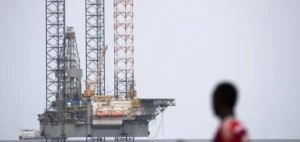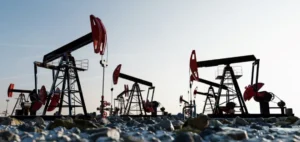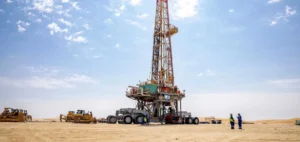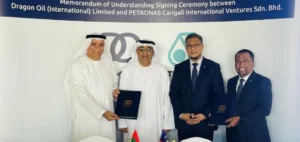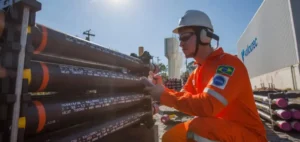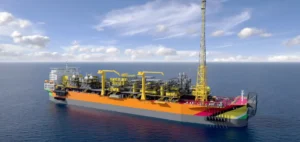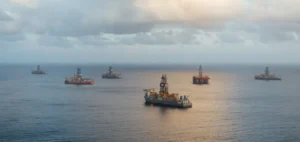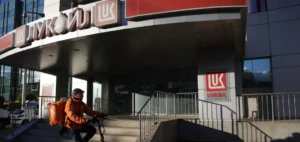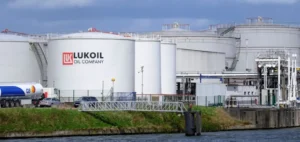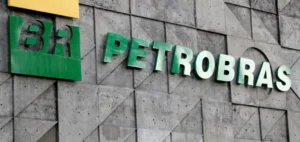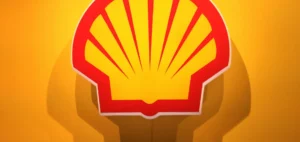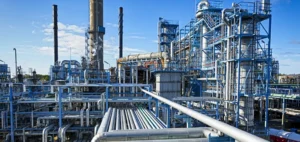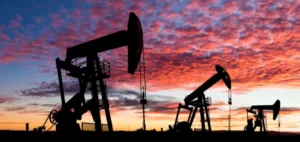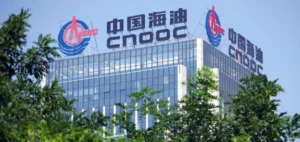Discussions led by several Western countries regarding a possible modification to the price ceiling imposed on Russian oil have triggered strong opposition from the Russian government. Alexander Novak, Deputy Prime Minister responsible for the energy sector, stated that such pricing regulation mechanisms run counter to fundamental market principles and risk further disrupting the global oil sector. According to Novak, non-market measures such as setting price caps or purchase bans are categorically unacceptable. Novak also emphasized that despite existing restrictions, statistics demonstrate stability in Russia’s oil export flows.
Stable exports despite price ceilings
According to available data, the initial introduction of the price ceiling on Russian oil has not caused significant disruption in Moscow’s export volumes. The figures indeed show continued stability in deliveries to international markets despite the price restrictions implemented by Western countries. Alexander Novak specifies that evaluating statistics related to previous price caps revealed no substantial change in the dynamics of Russia’s oil exports. This market non-reaction suggests that price ceilings, even though internationally debated, do not fundamentally alter Russia’s export strategy.
Decisive OPEC+ meeting expected at the end of May
In parallel with debates surrounding the price ceiling on Russian oil, members of the Organization of Petroleum Exporting Countries and their allies (OPEC+) are planning to meet to assess the current market situation and, if necessary, adjust their production plans. An initial ministerial gathering of the group is scheduled, followed by a specific meeting of eight member countries that have voluntarily implemented production restrictions since early 2023. This meeting, initially set for early June, has been moved forward to May 31 to precisely determine production volumes starting in July. Novak indicated that this meeting could lead to targeted adjustments in voluntary restrictions, without affecting overall quotas for all participating countries.
Russian financial markets under pressure
In this context of pricing and geopolitical uncertainties, the Russian stock market is showing mixed results. At a recent close, the main MOEX index fell below the symbolic threshold of 2700 points, dropping by 2.54%, while the RTS index, denominated in dollars, recorded a similar decline of 2.47%. This downturn is attributed to various factors, notably the weakening ruble and persistent concerns related to the international geopolitical situation. Certain sectors, however, recorded limited positive performances, including preferred shares of Bashneft and those of Moscow Credit Bank (MKB).
This fragile financial situation could influence upcoming discussions within OPEC+, where Russia plays a central negotiating role. Decisions made in forthcoming meetings will likely impact oil and financial markets, as international tensions heavily shape global economic dynamics.


